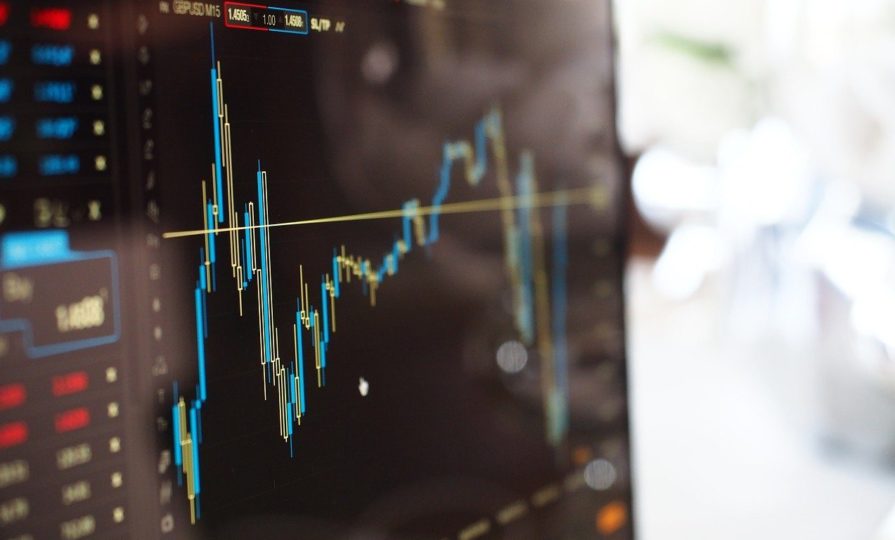UK GDP slumps over 20% in April as full impact of Covid-19 is felt

GDP slumped by 20.4% in April 2020, following a fall of 5.8% in March, according to the latest figures from the Office for National Statistics (ONS).

Join 15,000 retail professionals with a membership
Get unlimited access and stay in the know. First-year special offer pricing. Cancel any time.
You have read 2/2 free articles this month.

How many members should have access to the subscription?
Monthly
Yearly
Save £9.89
No, thanks
I already have an account

GDP slumped by 20.4% in April 2020, following a fall of 5.8% in March, according to the latest figures from the Office for National Statistics (ONS).